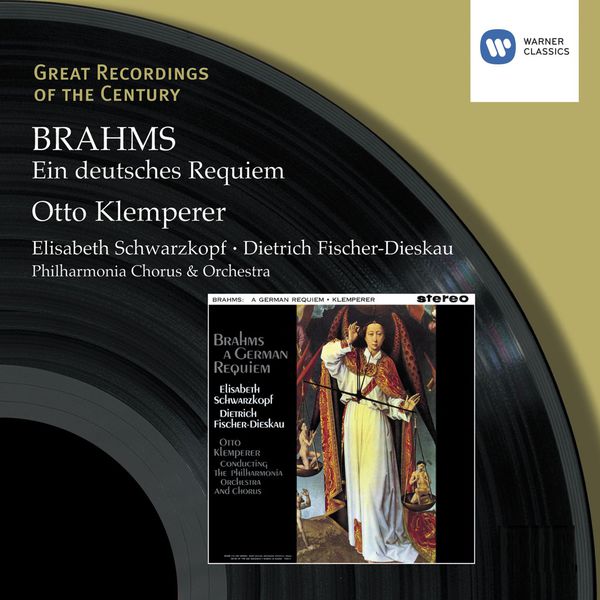Happy New Year
Can one still wish a Happy New Year three weeks in? Well I’ll just do it anyway, given that the Chinese New Year is anyway still ahead of us.
Requiems
I didn’t often use to write, or even listen to, Requiems. While I acknowledged the beautiful music of Mozart, Verdi, Fauré and others, it always felt “wrong” listening to music meant for mourning the death of somebody.
Well, now it is me being touched by a death in the family, that I still have a hard time mentally acknowledging, let alone fully digest. It turns out that the beautiful music written by these legends is just what you need in these situations.
So bear with me, you’ll read more about requiems on this blog this year. Don’t worry, life has to go on, so I’ll write about other stuff as well.
Brahms: Ein Deutsches Requiem
Given the subtitle of my blog, it is not surprising that Brahms’ is the only requiem I’ve already written about, in my review of Nézet-Séguin’s live performance in Berlin back in 2017.
So I won’t repeat myself here, just re-alert you to the fact that this is a requiem that doesn’t use the typical latin text of pretty much any other requiem around, but instead uses handpicked parts of the bible that Brahms chose himself, and it is sung in German, hence the name.
It remains among my absolute favorite requiems.
Brahms: Ein Deutsches Requiem – Otto Klemperer – Philharmonia Chorus & Orchestra – Elisabeth Schwarzkopf – Dietrich Fischer Dieskau

I tend to often write about contemporary recordings here, a) because typically they are recorded much better sonically, b) because there’s already been written so much about the great classics, and c) because performance practice evolves and I could for example not really enjoy Bach played in the 1960’s symphony style, before historically informed practice came in the 1970s.
That said, there are some classics that have truly stood the test of time, and if there ever is one, this could be the one.
Otto Klemperer is an absolute Brahms legend, his symphony cycle was my first and still is one of my favorite ever.
And take a look at the soloist cast of this 1961 recording: We have Elisabeth Schwarzkopf AND Dietrich Fischer Dieskau! We get the full dramatic power of the Philharmonia Orchestra under Klemperer, that already made his stereo symphony cycle (also on EMI, Warner classics) so great. By the way, if you like this, you may want to consider getting the entire Klemperer Brahms box on Warner. I’ll provide a link below.
My favorite part of this requiem remains the intimate, simple, and amazingly touching Ihr habt nun Traurigkeit (You now have sorrow). This is really what sets this requiem apart from all the other Latin ones with their Days Of Wrath (Dies Irae). Just look at the consoling text:
You now have sorrow;
but I shall see you again
and your heart shall rejoice
and your joy no one shall take from you.
Behold me:
I have had for a little time toil and torment,
and now have found great consolation.
I will console you,
as one is consoled by his mother
My rating: 5 stars
You can find it here (Qobuz) and here (Prestoclassical)
If you prefer to get the entire Klemperer Brahms Warner box, which I highly recommend, as you’ll get all the symphonic works as well for just a little more money, you’ll find it here (Qobuz) and here (Prestoclassical)












